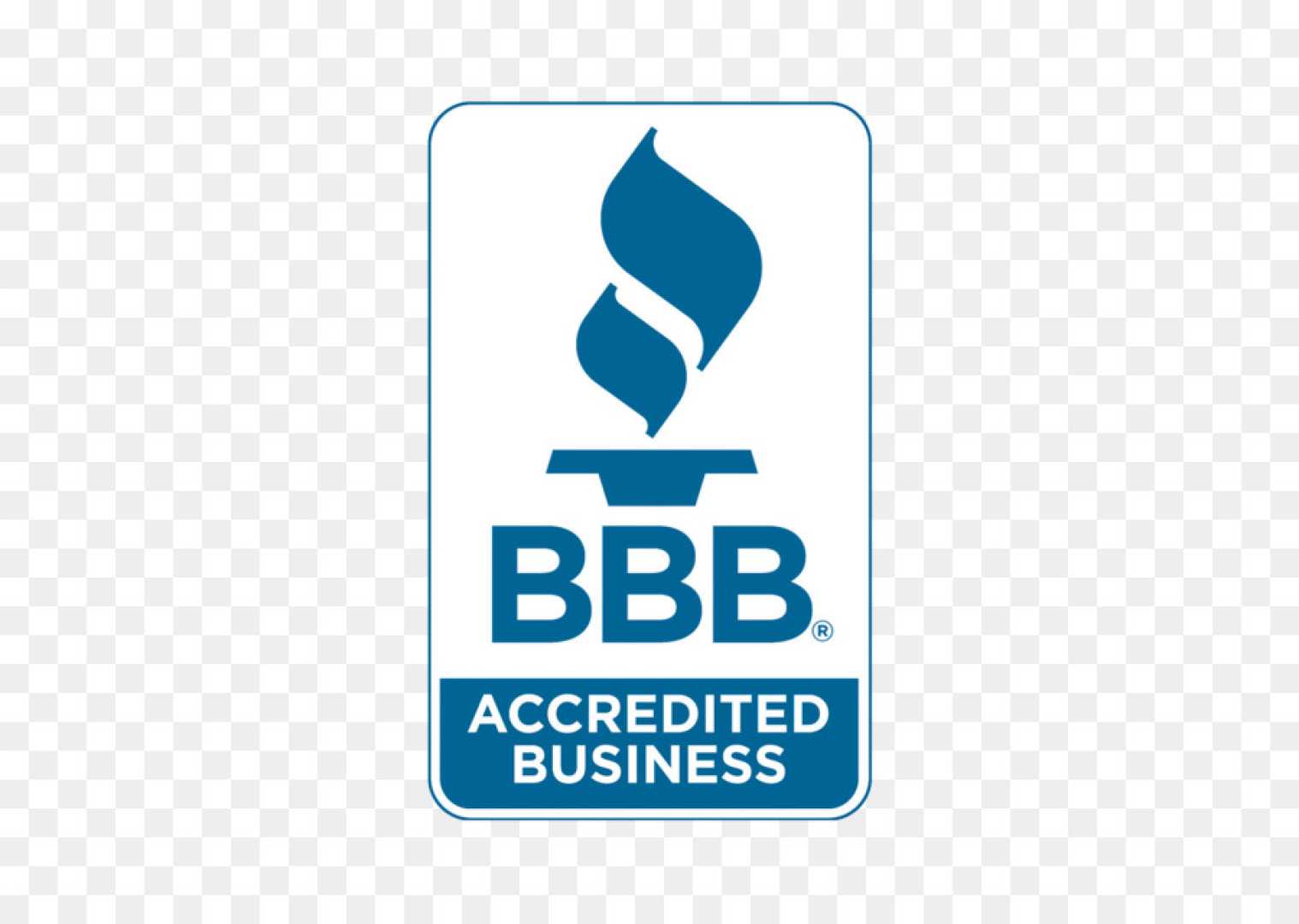Business
Understanding BBB Accreditation and Its Impact on Consumer Trust

The Better Business Bureau (BBB) plays a crucial role in helping consumers make informed decisions about the businesses they interact with. BBB accreditation is a mark of trust and reliability, indicating that a business has met stringent standards for transparency, accountability, and customer satisfaction.
For a business to be BBB accredited, it must undergo a thorough evaluation process. This includes a review of the business’s complaint history, its adherence to BBB’s Code of Business Practices, and its commitment to resolving customer complaints in a fair and timely manner. Businesses like BetterHelp, an online therapy platform, boast an A- rating from the BBB, highlighting their strong commitment to ethical business practices and customer satisfaction.
In contrast, some businesses may not achieve BBB accreditation. For instance, FlixBus Inc, a transportation company in Dallas, TX, is not BBB accredited, which can raise concerns among potential customers about the company’s reliability and customer service.
BBB accreditation also involves the resolution of customer complaints. For example, Enercare Home & Commercial Services Limited Partnership, a heating and air conditioning service provider in Markham, ON, has closed 774 customer complaints in the last three years, demonstrating their effort in addressing customer issues.
The BBB rating system provides valuable insights for consumers. It includes customer reviews, complaint histories, and ratings that help in comparing different businesses. BetterHelp, for instance, has a significantly higher average rating and more positive reviews compared to similar services like Talkspace, making it a more favorable choice based on customer feedback.
In summary, BBB accreditation is a significant indicator of a business’s reliability and commitment to customer satisfaction. It serves as a trusted resource for consumers, helping them make informed decisions when choosing a service provider.












